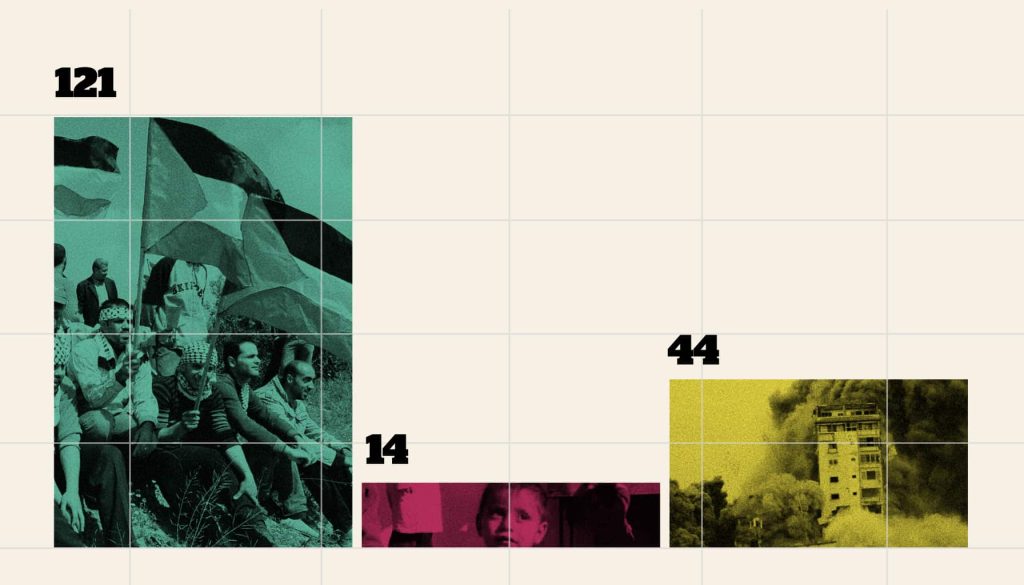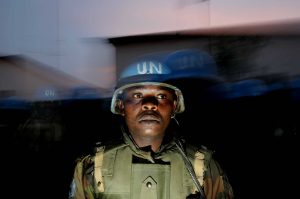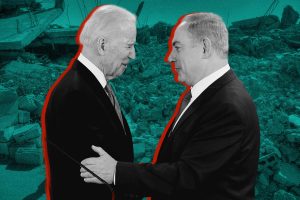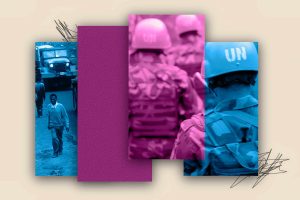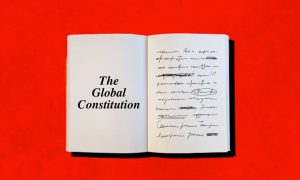UN peace efforts in Gaza are criticised as Security Council vetoes block cease-fire moves and expose the General Assembly’s limited power.
Whilst the United Nations bats resolutions from one side of the Security Council’s court to another, people are dying in their thousands. This is not the United Nations; this is the Disunited Nations, failing in its primary mission of fostering world peace.
First, on October 16, a Russian-sponsored draft text, which had called for an immediate cease-fire, fell through because it did not manage to garner enough votes. Then, on October 18, the US vetoed a Brazilian draft that called for “humanitarian pauses” to allow unhindered humanitarian access.
On October 25, it was the US’s turn to be vetoed; this time by Russia and China. The draft was limited to just a pause to the fighting to allow humanitarian access, and the protection of civilians, but also pressed for a stop to the arming of Hamas or any Palestinian in the Gaza Strip. The same day, another Russian-sponsored draft failed.
In cases of paralysing stalemate at the Security Council, however, the United Nations General Assembly can step in… and so it did. On October 27 it passed a resolution tabled by Jordan calling for “an immediate, durable and sustained humanitarian truce leading to a cessation of hostilities” in Gaza and demanding that Israel rescind its order for the evacuation of northern Gaza.
The resolution passed with 120 votes for, 14 against, and 45 abstentions. There is nothing controversial about the ethics involved here, or the wording. Voting against such a ceasefire can only mean one two things: preferring war to peace, or wanting the obliteration of one or more parties. In this case it would seem as though the 14 countries who voted against the resolution, as well as the 45 who abstained, are quite happy to witness and support the genocide of the oppressed people of Gaza. The US, of course, not only votes against or vetoes anything aimed at resolving the situation fairly, it actively arms Israel and covers its back while it carries out its daily atrocities.
The passing of the resolution sent a clear message, but alas, unlike Security Council resolutions, General Assembly resolutions are not legally binding. So the good people of this world can only look on as the United Nations sits powerlessly in the face of this unfolding tragedy.
This is not to say that the organisation lacks people of goodwill who are doing all they can to stop the bloodshed. Secretary-General António Guterres is one of them. On October 24, he addressed the UN Security Council in no uncertain terms.
“It is important to also recognize that the attacks by Hamas did not happen in a vacuum. The Palestinian people have been subjected to 56 years of suffocating occupation. They have seen their lands steadily devoured by settlements and plagued by violence, their economy stifled, their people displaced and their homes demolished. Their hopes for a political solution to their plight have been vanishing. But the grievances of the Palestinian people cannot justify the appalling attacks by Hamas, and those appalling attacks cannot justify the collective punishment of the Palestinian people.”
His comments hit a nerve. Israel’s UN ambassador not only called for Guterres’ resignation, but also threatened to withhold the issuing visas to UN representatives… “to teach them a lesson.”
Not everyone, however, is willing to persevere in such a toxic atmosphere. Craig Mokhiber, for instance, who was the director of the New York office of the UN high commissioner for human rights, resigned after having written to the UN high commissioner in Geneva, Volker Türk, on October 28, lamenting the UN’s inability at stopping a “text-book case of genocide”.
As the slaughter continues, the UN adds another genocide to its list of failures.



